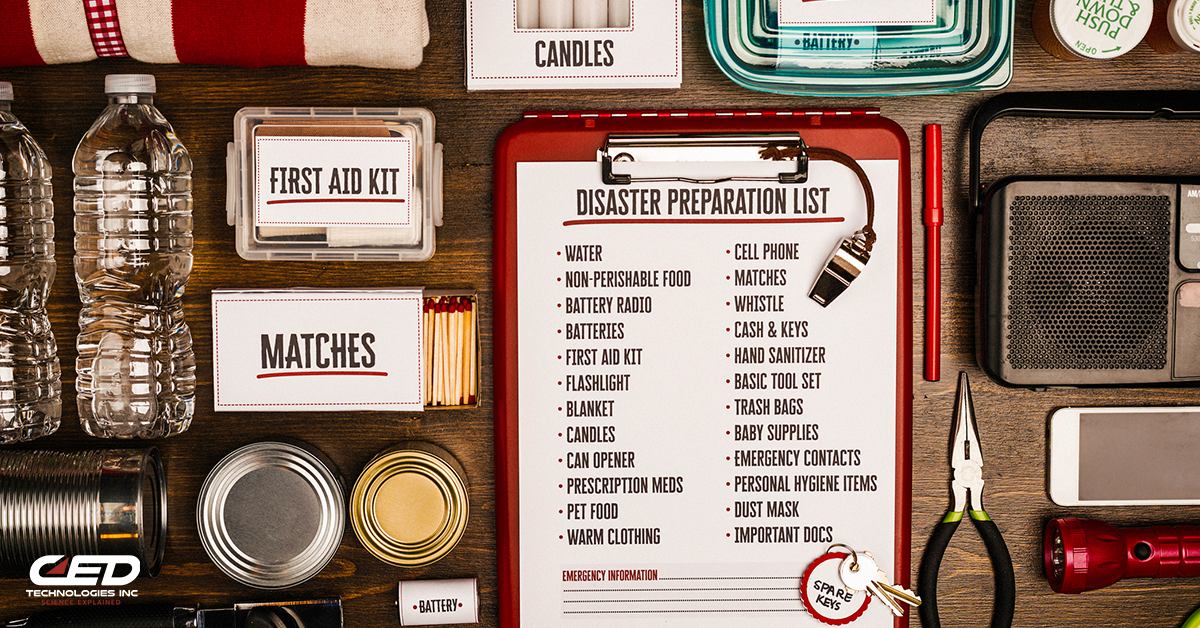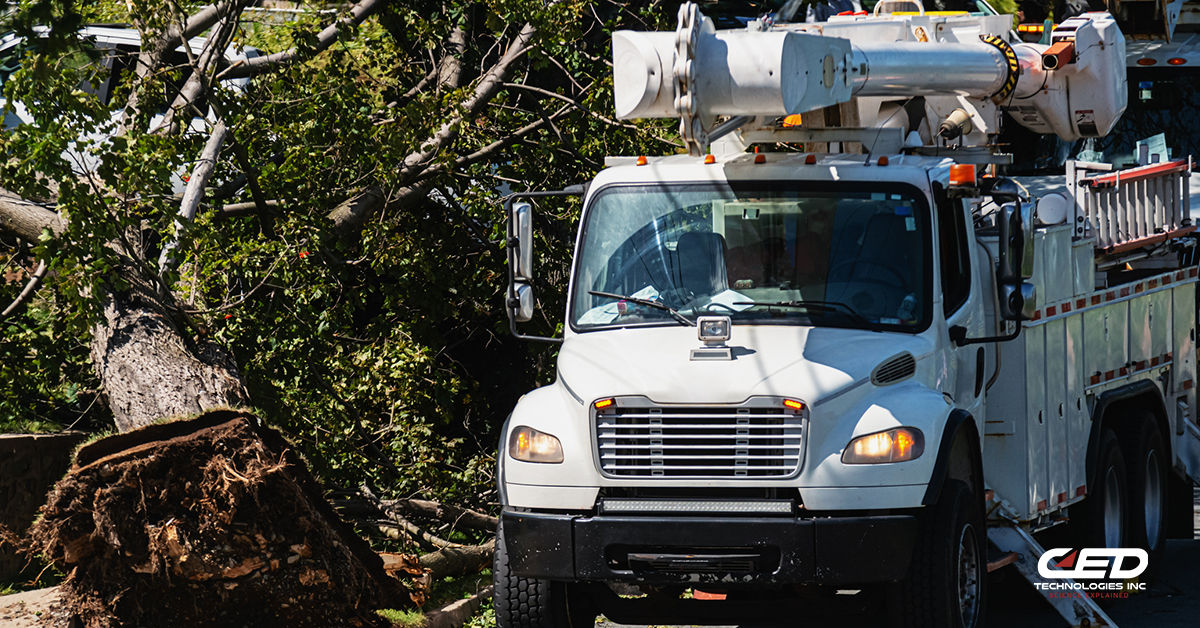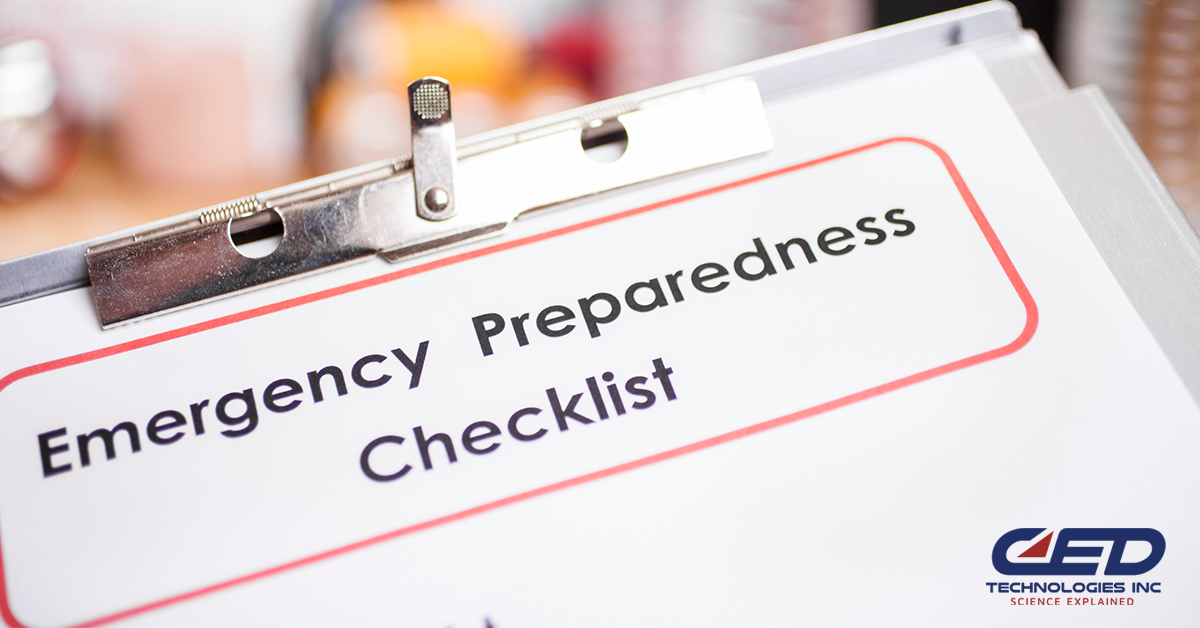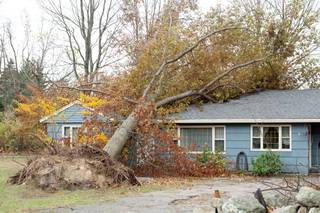The hurricane season on the Atlantic Coast runs from June 1 to November 30. Hurricanes are large storm systems formed over the ocean that often move over land resulting in heavy rain, high winds, storm surges, flooding, and tornadoes. The National Weather Service defines a hurricane as a “tropical cyclone with maximum sustained winds of 74 mph or higher.” These winds can cause extensive destruction, damaging or destroying homes, buildings, and roads, as well as causing power, water, and gas outages. The impact from a coastal hurricane can extend several hundred miles inland.
Knowing the power of these storms, FEMA.org and CED suggests doing the following to prepare yourself and your home for what may come:
- Monitor news and weather reports. Sign up for local alerts and weather warnings.
- Prepare to evacuate. Learn evacuation routes, plan on a place to stay, locate emergency shelters, and pack a “go bag.”
- Keep your gas tank full. Always keep jumper cables, a wool blanket, flares, and a first aid kit in your car.
- Create a family communication plan in the event your family is not together when a hurricane occurs. A charged portable power bank for all family members is crucial for charging cell phones in the event of a power outage. Make a plan for the safety of your pets as well.
- Stock emergency supplies. These are supplies you can build over time, adding items over weeks or a month, that will help you to stay safe whether you need to shelter in place or to take with you:
- Crank or battery-powered radio, flashlight, batteries
- Cash
- First aid supplies and medications
- Important documents in sealed plastic bags
- Matches, multipurpose tool or knife, whistle
- Three-day supply of non-perishable food and water per family member and pet
- Change of clothing, extra socks, blankets, sturdy footwear
- Personal hygiene items
- Chargers for electronics and communication
- Protect your property:
- Review your insurance policies
- Store away outdoor items such as garbage cans and patio furniture
- Anchor fuel tanks or grills
- Trim or remove trees close enough to structure that could fall or cause damage.
Advance planning, preparing, and knowing what to do can make a big difference in your safety and recovery in the wake of a hurricane or significant weather event.
CED Engineers are experienced with inspecting damage to your home and finding the source – even when it’s a hurricane. Our Drone program can help preserve and highlight your damage, as well as damage to the surrounding area. This data can later be used for 3D models, Google map overlays, and quantity take offs to help determine the extent of the damage.
Click Here To See Our Full List of Experts Click Here To Submit an Inquiry about a possible Claim or Case.






